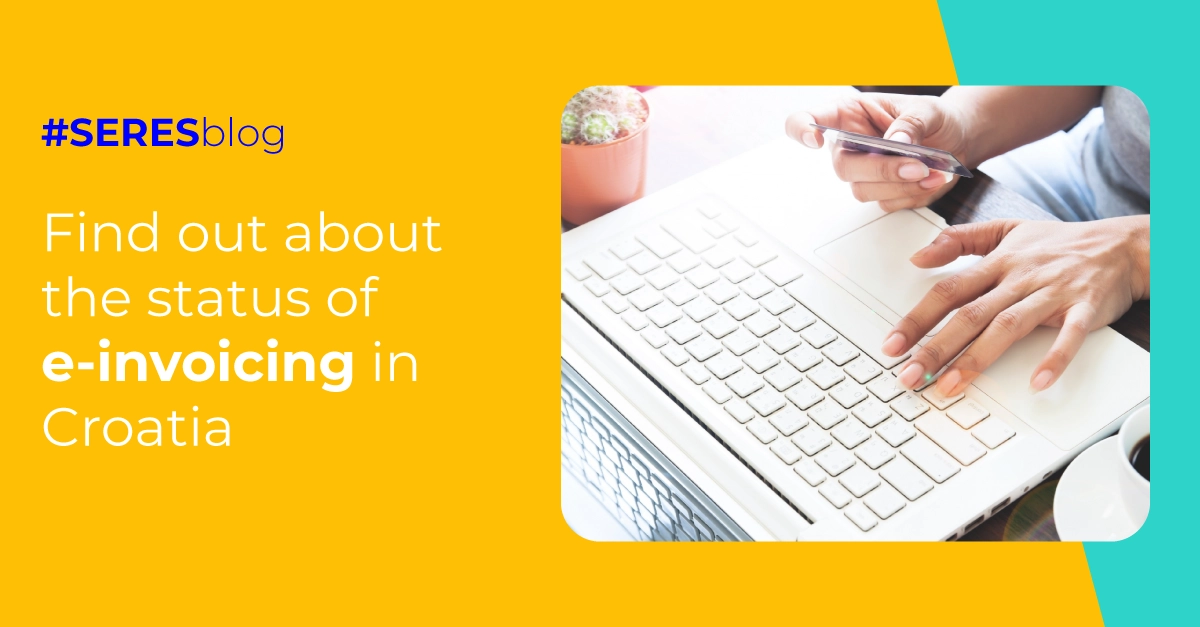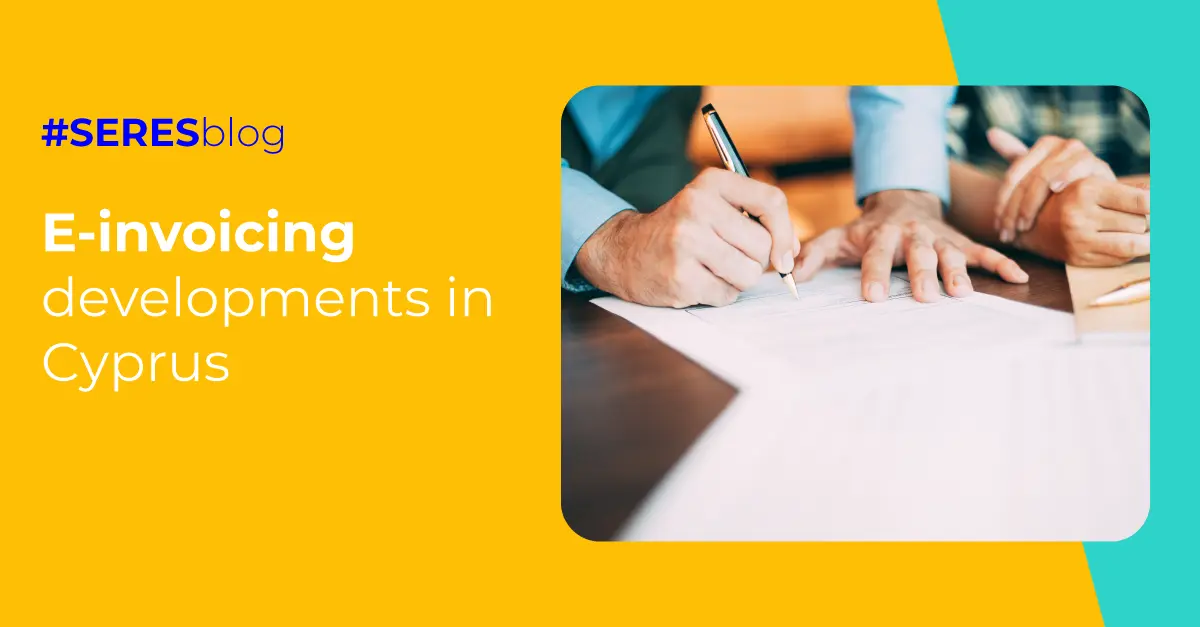Luxembourg aims to implement B2B e-invoicing by 2030
Luxembourg's medium- and long-term strategy, covering the years 2023-2024 and 2025-2030 respectively, includes the use of PEPPOL beyond pure e-invoicing. This reflects a progressive and ambitious approach towards the digitisation of its business and tax processes.
In this context, the use of PEPPOL (Pan-European Public Procurement Online) is a central element of this strategy, covering a wider range of commercial transactions.
The PEPPOL network, created as an interoperable infrastructure for electronic public procurement across Europe, thus becomes a key tool to facilitate the secure and efficient exchange of business-to-business commercial documents, including B2B e-invoicing.
Another of the government's objectives is to initiate the use of electronic invoicing in Luxembourg within the framework of Value Added Tax (VAT), which represents a significant step towards the modernisation and simplification of tax processes.
This strategy is aligned with the guidelines and objectives established by the European Union, in particular with the ViDA Project (VAT in the Digital Age). This collaboration positions Luxembourg as a key player in the European digital agenda.
B2G e-invoicing in Luxembourg
In 2018, Law 7221 was enacted in relation to the mandatory electronic invoicing of business-to-government (B2G) transactions. In March 2019, this legislation was unanimously approved and came into effect on 18 April, as established in Directive 2014/55 of the European Union.
As of this date, the electronic invoicing of all central government authorities in Luxembourg became mandatory.
In accordance with the legislation, all electronic invoices sent to the government must be in PEPPOL-BIS and UBL 2.1 formats and must be processed through PEPPOL.
Similarly, the legislation stipulates that the body responsible for e-invoicing in Luxembourg is the Centre for Information Technology of the State, which is more commonly referred to by its acronym CTIE.
During the course of 2019, considerable progress was made in the implementation of the e-invoicing system in local authority bodies in Luxembourg. The transition was implemented in a gradual manner, with the objective of achieving full compliance with the system by April 2020.
In order to guarantee an orderly and efficient implementation, a phased plan was established:
- The deadline for the implementation of e-invoicing by large companies was 18 May 2022.
- The deadline for the implementation of the electronic invoicing system in medium-sized companies was set at 18 October 2022.
- The deadline for small enterprises was extended to 18 March 2023.
This gradual approach has permitted a more gradual transition, thereby affording businesses the requisite time to adapt to new procedures and technologies.
With regard to B2B e-invoicing in Luxembourg, the only mandatory requirement is that the seller must obtain the buyer's consent to receive an e-invoice.
These measures reflect the country's commitment to modernising its business and tax processes, while promoting the adoption of digital technologies that enhance efficiency and competitiveness in the market.
The electronic tax reporting project in Luxembourg
In Luxembourg, the use of e-invoicing for digital Value Added Tax (VAT) returns is not yet widespread. While no reporting obligations have been introduced, the tax authorities may request accounting and tax data in SAF-T format from certain companies in the event of an audit.
El archivo SAF-T en Luxemburgo
In January 2011, Luxembourg introduced the SAF-T file. The scheme is known as FAIA (Fichier Audit Informatisé) and is designed to facilitate the exchange of transactional accounting and VAT data between the tax office and taxpayers.
The obligation to submit a FAIA file applies only to taxpayers subject to the Luxembourg general accounting system. The annual sales declaration threshold is €112,000. It is generally the case that FAIA files are requested in XML format. However, it is anticipated that DBF, XBRL and similar formats will become increasingly prevalent.



